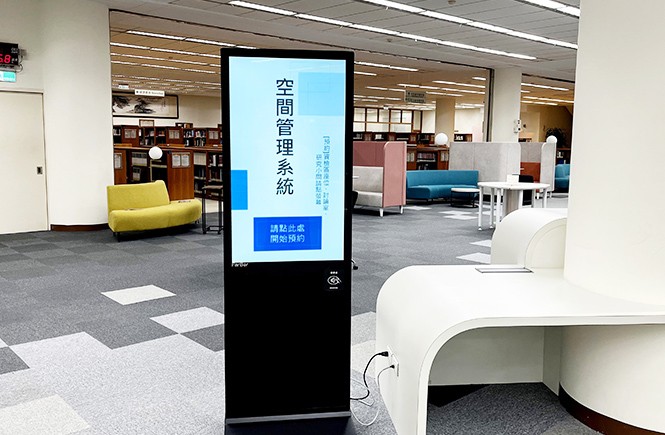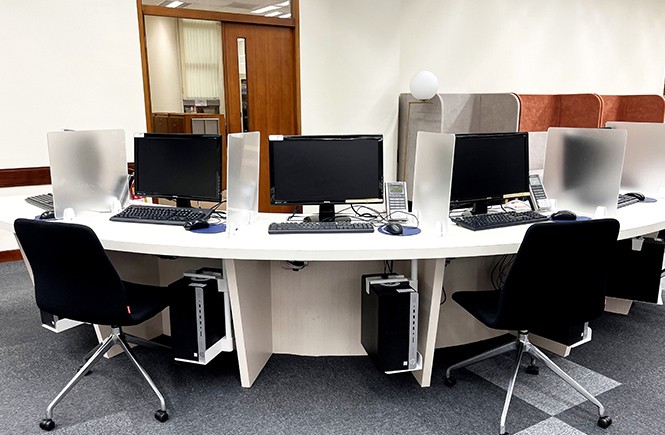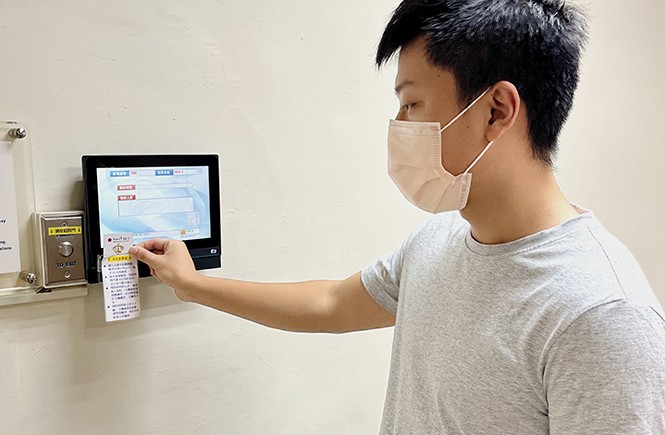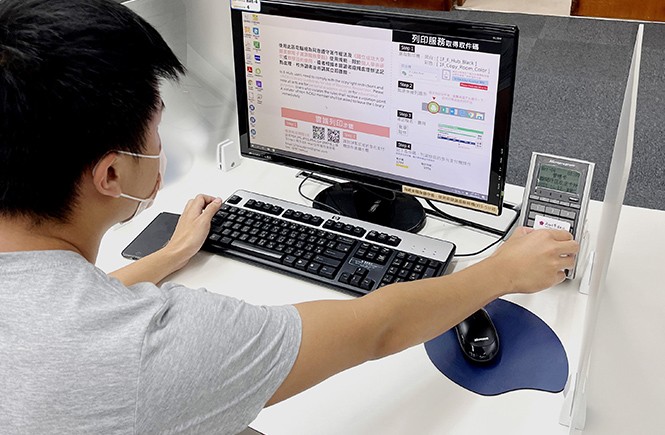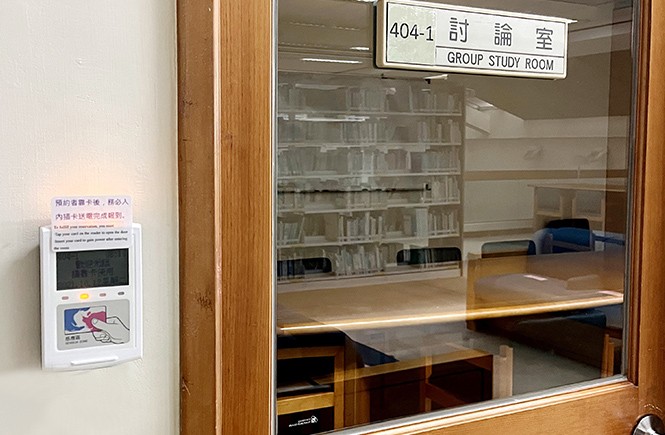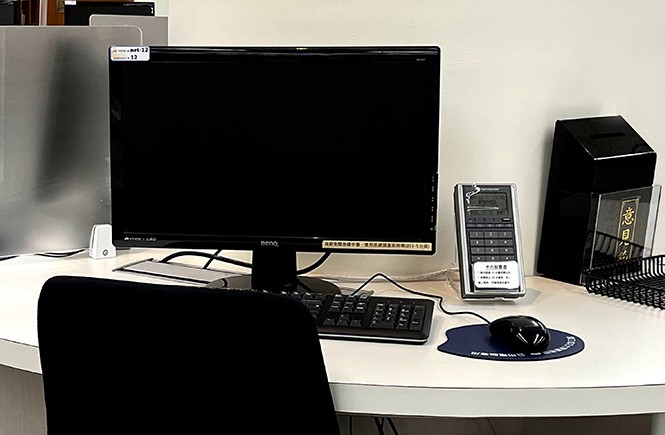

National Cheng Kung University (hereinafter referred to as “NCKU”) is the number one university in southern Taiwan, and is also ranked as one of Taiwan’s top four index universities. Microprogram used its accumulated advantages in software/hardware technologies in the IoT field and assisted the NCKU Library in importing the “Smart Space Management System”; control items include electric lights, air conditioning, the movements of personnel and the ambient volume, etc. Its scope of jurisdiction covers the various areas of the library, such as the study carrels, group study rooms and online search area. Through the system integration, user experiences are smarter while the cost for manpower management is reduced, improving the management efficiency and service quality.
[Actual cases]
NCKU, NTHU, NSYSU, NCHU, CCU, NDHU, NKUST, AU, NYCU, NYUST, CNU, CYUT, NTTU, NCYU, KMU, NUU, HWSHCooperation
- To improve the convenience of space usage in the library, to reduce manpower and energy consumption, and to achieve the goal of smart upgrade for the library
- Microprogram has lots of construction experiences on “Smart Space Management” for many colleges, and can help campuses customize system services that meet the users’ needs

The goal
The NCKU Library has a rich collection resources – not only is it a treasure chest of knowledge, it also provides complete reading and discussion spaces to satisfy the needs of users in different aspects. Therefore, the university wishes to simplify the borrowing procedures of the books and various facilities in the library in order to solve the problem of management operations, which achieve the goal of energy-saving and carbon reduction. The issues and solutions are as follows:
| Issue | Solution |
|---|---|
| Borrowing process of space and equipment is complicated | Provide users with the function to make online reservations through mobile phones or computers, or operate kiosk on-site to make reservation with cards, simplifying the administrative procedures |
| The problem of occupying spaces in the reading area and self-study area is severe | Self-service reservations are used for seats, and cards must be inserted on arrival to connect the power; power is disconnected automatically when the time is up, improving space utilization effectively |
| Power consumption in the library is large, and the proportion of electricity expenditure is high | “Infrared sensors” are installed to detect the movements of personnel, power is only connected when the card is inserted, and power is disconnected when the card is removed; the power is turned on/off automatically to reduce the waste of electricity |
| The volume in the discussion room is loud, and disturbs the users outside the room | “Decibel sensors” are set up to monitor the volume, and remind the booker of the space to lower their volume to avoid disturbing other people in the library |
| Management tasks are complicated and there is insufficient manpower | The backend reservation management system is used to quickly grasp the usage conditions of the equipment in the library; the downloading of various reports is also supported to reduce manpower loads |
Benefit
- Upgraded to digital library in combination with smart service experiences; user satisfaction level has increased significantly
- Reduced power consumption, allowing the use of funds to be more flexible
- Saved manpower and time costs for the operation of the library, and allowed management to become easier; administrators can focus more on other important matters
The difference
- Planned the “Learning Space Management Platform”: With the use of big data analysis, respond to user needs and market changes, and continue to optimize the system services
- Reservation substitution mechanism: For spaces reserved by a group of people, if any person in the group was unable to attend, that person can be substituted by another person so that the reservation will remain valid and will not affect others in the group
- Consecutive period reservations: Provides administrators with the function of using consecutive dates or periods to reserve spaces that are used consecutively at fixed periods in advance, to use as the location for fixed course activities
- Suspended use of spaces: According to the type of usage mode, administrators can set reservations for the dates or periods to suspend reservations temporarily in advance, and exclude reservations from other users to use the space on the suspended date or periods as the event location of exhibitions or seminars, etc.
Service

Product

NFC Card Reader – Simple Desktop Type
- Use with kiosk to provide users with the function to make reservations with cards

Smart Identification Card Reader Controller – OS Type
- Insert card to turn on the power at the seat and the space
- It incorporates an RFID smart module. Combined with features such as password or card identification, it can by synchronized with access, attendance and information systems

E-Payment Card Reader – Desktop Type
- The identification of users is confirmed using a card for access control
- Has a passive key protection mechanism

Backend Reservation Management System
- Query usage and reservation status of spaces and equipment
- Control power and air conditioning in the library
- Set open periods for spaces and equipment
- Report generation and download
